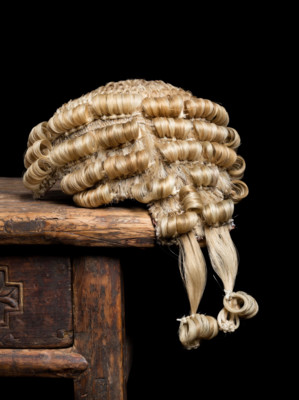Conduct of Searches
The primary purpose of Stop and Search
powers,is to establish Police Officers to
allay or confirm suspicion,about individuals
without exercising their power of arrest.
Police Officers,may be required to justify
the use or authorisation of such powers,
in relation both to individual searches and
the overall pattern of their activity in this
regard,to their Supervisory Officer's or
in Court.
There are strict guidelines and regulations
within their Code of Practice,as to how
searches should be conducted,and to what
extent to which a police officer may search
Code A,para 3.1 states,
that all Stop and Searches must be carried
out with courtesy,consideration and respect,
for the person

If there is no legal power of search
available,an officer must not search a person
even if the person is prepared to submit to a
voluntarily.
There are strict guidelines in Code A
of the PACE Code of Practice as to how
searches should be conducted,and the
extent to which a police officer,may search
Code A,para 3.1,states
that all searches must be carried out with
courtesy,consideration,and respect for the
person concerned.
Reasonable effort must be made to minimize
the embarrassment that a person being
searched may experience.
CONDUCT of SEARCHES
For some people their clothing
and headgear are linked to their
religion.such as Muslim women,
Sikh men,Sikh or Hindu women
or Rastafarian men or women,
and asking them to remove items
of headgear,may cause dishonour
and shame.
1) Steps to be taken before a
search takes place
2) what the person must be told
before a search takes place
3) what items of clothing can or
cannot be removed
4) where the search should or
should not take place.
RECORDING STOP and SEARCH
Where a search is carried out
the police officer,is required to
make a record of that search.
'at the time' it was conducted.
A copy of the record must be
given immediately to the person
who has been searched.
Guidance note 15,states,
that where a stop and search
is conducted by more than one
police officer,
the identity of 'all the officers'
engaged in the search must be
recorded.
also,the record can be made by
an officer present,who was not
the actual searching officer
STEPHEN LAWRENCE
Inquiry Report highlighted the
effect of stop and search had
especially on a community and
race relations.
and made a number of
recommendations,designed to
ensure the powers were exercise
in a way which would be as
effective as possible in reducing
crime,but which would also
promote trust and confidence
in minority ethnic communities.
STOP and ACCOUNT
RECOMMENDATION 61
Stephen Lawrence Inquiry
Report
"that the Home Secretary,in
consultation with Police Services,
should ensure that a record is
made by Police Offices of all
'stops' and 'stops and searches'
made under any legislation
provision (not just PACE)

Non-statutory or so called
'voluntary 'stops must also be
recorded.
The record to include the reason
for the stop,the outcome,and the
self-defined ethnic identity of the
person stopped.
A copy of the record shall be given
to the person stopped".
Police Officer's in the course
of their daily duties,frequently
have to stop pedestrians and
drivers of vehicles
maybe to ask them to
'assist with enquiries'
Note
even in this situation,the
pedestrian or driver or even
a detainee has that right of
'silence'
the Police Officer may have to
ask the person to 'account' for
particular articles in their
possession,or their presence in
a particular place.
this may either be to eliminate
the person from an enquiry,or
to determine whether,by
'their answers',
the Officer's suspicions has
been confirmed
this type of stop,falls within the
requirements of
Recommendation 61,and both
Police Officers and PCSO
are required to make a report
of such an encounter.
Home Office Circular 032/2008
amended Code A,stating
"the Home Office,maintains the
important requirement to record
the ethnic classification of the
person"
in the absence of a power to arrest,or to detain in order to search,the person is free to leave at will and cannot be compelled to remain with the
Police Officer.
